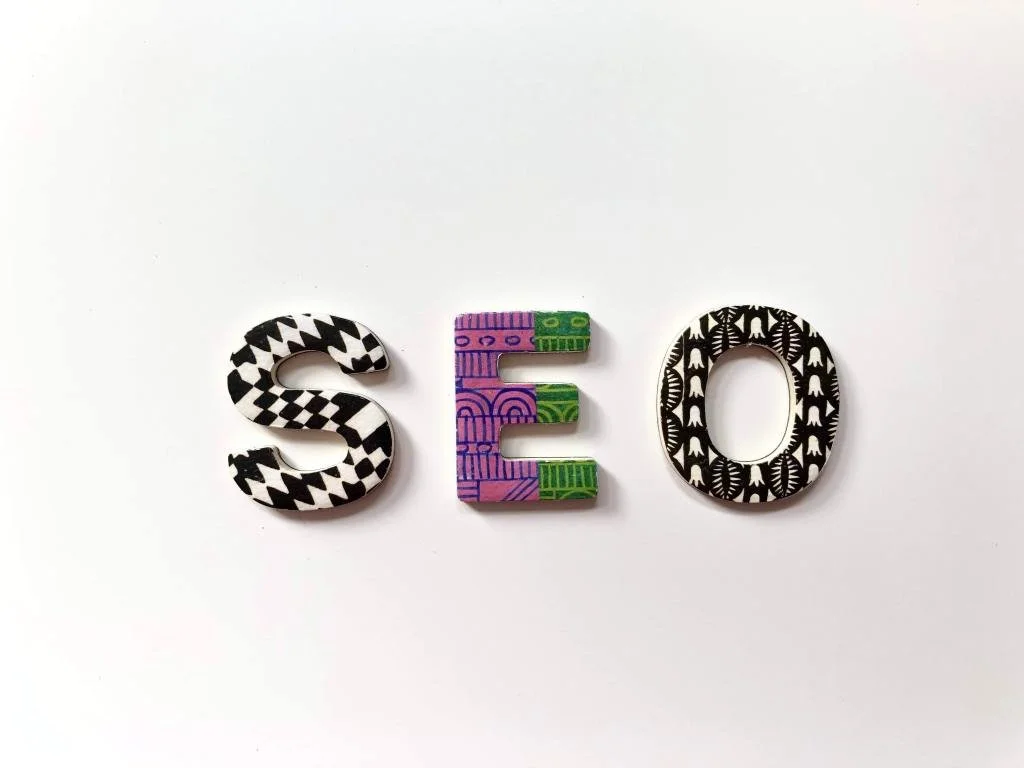Paid vs. Organic Strategies
MKT 315: 2-1 Blog Discussion Questions:
What are some ways that organizations engage in unethical SEO/SEM tactics? Provide examples from the case you found.
According to Google's Webmaster Guidelines, you should avoid using tricks on your customers.
It not only provides a terrible user experience but is usually for short-term results only, and it impacts your ranking score negatively. Although unethical SEO and SEM tactics are not illegal (you can't report it to your local police), there are still some consequences that can result in having your web page removed or even lawsuits.
One example of unethical SEO practices is from BMW back in 2006, when BMW built out portal pages (also known as a "doorway page") that redirect users back to their main website BMW.de using the keyword "used cars" (Devaney, 2017). Although there was no lawsuit, Google penalized BMW by ranking its website to 0. This is considered unethical SEO because multiple pages have been created with the same content to rank higher on search engines. This counts as duplicate content and is very confusing to users who are repeatedly getting redirected to the main BMW German website.
Although at times, it is not a company's fault for these errors, it can be the fault of the freelancers, contractors, or the marketing expert that was hired to do the task. Many small business owners can feel pressured to rank higher on search engines as they want as many eyeballs as possible on their website, so the intent must be clear. Getting your website on Google's first page seems like a good goal, but at what cost? And using what sneaky tactics?
Make a clear distinction between ethical and unethical practices.
Ethical SEO and SEM are simple; it is honest, genuine, and straight to the point. There are no hidden agendas or trickery, and they are very transparent to the audience and anyone reading the content and digesting the media. Unethical SEO and SEM practices include more shortcuts, cheating, or "bending the rules" in building your website. Some tactics include hiding text by changing the font color on the website behind images or in the code, hidden links, keyword stuffing, duplicate content, link trading, misleading headlines and titles, plagiarism, and more.
What are the benefits of being ethical?
Being ethical shows the world that you are honest, trustworthy, and knowledgeable in your field and craft. It makes you more authentic, and naturally, people appreciate authenticity more than fabricated. This is good for business and your personal life because what you do as a person reflects how you do business. For SEO and SEM purposes, it helps your search engine ranking and website attract more leads.
References:
Devaney, E. (2017, February 1). The biggest SEO blunders of all time. HubSpot Blog. https://blog.hubspot.com/marketing/biggest-seo-blunders
Balanco, D.,(2013, January 14). Ethical Seo vs. unethical seo. Optimus01. https://www.optimus01.co.za/ethical-seo-vs-unethical-seo/
